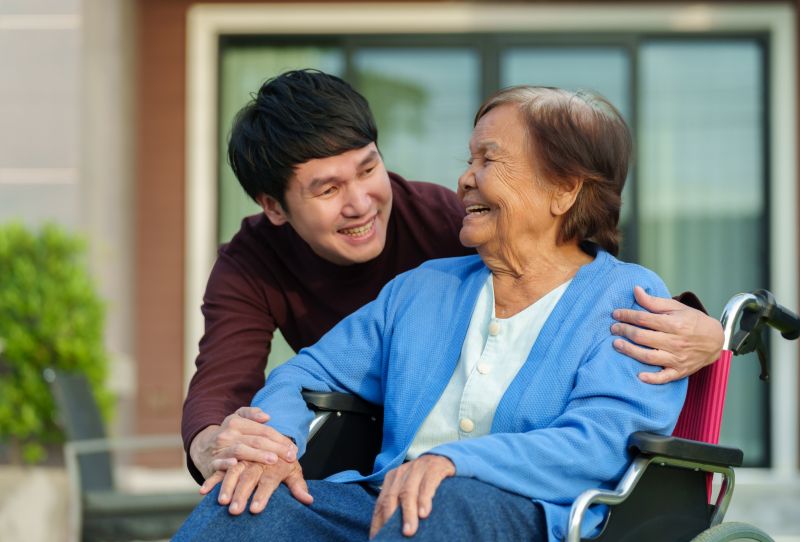Cultural Differences in Caregiving: Lessons Learned from Overseas
iSavta | 09.07.2023

When it comes to caregiving, cultural differences play a significant role in shaping the way individuals and societies approach this essential task. Caregiving practices vary widely across different cultures, reflecting unique beliefs, values, and traditions. Understanding and appreciating these cultural differences can provide valuable insights and lessons for improving caregiving practices worldwide. In this article, we will explore some of the lessons learned from overseas regarding cultural differences in caregiving.
One of the key lessons we can learn from overseas is the importance of family involvement in caregiving. In many cultures, particularly in collectivist societies, caregiving is considered a shared responsibility among family members. It is not solely the duty of one individual but rather a collaborative effort. This approach not only eases the burden on the primary caregiver but also provides emotional and practical support to both the caregiver and the care recipient. Western societies, which often prioritize individualism, can benefit from recognizing and encouraging greater family involvement in caregiving.
Another valuable lesson comes from cultures that prioritize respect and reverence for elders. In some Asian cultures, for instance, older adults are highly esteemed, and caregiving is viewed as a way to honor and repay their contributions to the family and society. This attitude fosters a sense of dignity and appreciation for older adults, which can positively impact the quality of care they receive. Western societies can learn from this perspective by promoting a culture of respect and valuing the wisdom and experience of older adults.
Cultural attitudes towards aging and illness also influence caregiving practices. In some cultures, aging and illness are seen as natural processes and a normal part of life. Consequently, there may be less stigma associated with receiving care or assistance. This acceptance can contribute to more open discussions about care needs and better access to support services. Overcoming the stigma surrounding aging and illness is an important lesson that can help improve caregiving experiences for individuals in all societies.
The role of spirituality and religion in caregiving is another aspect that varies across cultures. In many countries, religion and spirituality play a central role in people's lives, providing comfort, solace, and guidance. Caregiving practices often incorporate spiritual or religious rituals, prayers, and beliefs, which can offer emotional support and a sense of purpose to both caregivers and care recipients. Recognizing and respecting the spiritual and religious needs of individuals can enhance the overall well-being and satisfaction of those involved in caregiving.
Communication styles also differ across cultures, and understanding these differences can greatly impact caregiving experiences. For example, in some cultures, direct and assertive communication is valued, while in others, indirect and subtle communication is the norm. Caregivers need to adapt their communication styles to match the preferences of care recipients and their families, ensuring effective and respectful exchanges of information. This lesson emphasizes the importance of cultural sensitivity and the need for cross-cultural communication skills in caregiving settings.
Finally, the organization and availability of formal support services for caregivers vary significantly from one culture to another. In some countries, there is a well-established infrastructure of community-based resources, such as respite care, support groups, and counseling services, to assist caregivers. These services recognize the challenges caregivers face and provide practical assistance and emotional support. Learning from these models can inspire the development and enhancement of support services in other parts of the world, ensuring that caregivers receive the necessary help to fulfill their roles effectively.
In conclusion, cultural differences in caregiving offer valuable lessons that can enhance caregiving practices globally. Recognizing the importance of family involvement, fostering respect for elders, overcoming stigma, acknowledging the role of spirituality, adapting communication styles, and improving support services are key takeaways from overseas experiences. By embracing and incorporating these lessons into caregiving approaches, societies can strive towards providing compassionate, culturally sensitive, and effective care for individuals in need. Ultimately, this understanding and appreciation of cultural diversity in caregiving will contribute to the well-being of both caregivers and care recipients worldwide.
Read more about Personal Wellness

Personal Wellness











